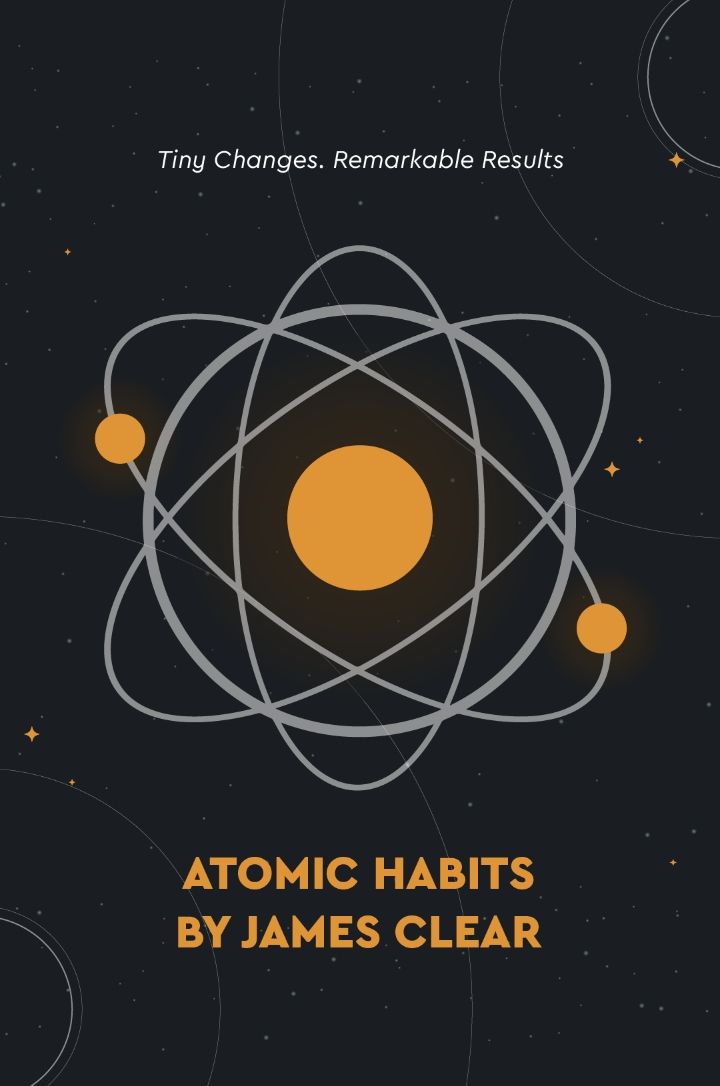Audio available in app
Our brain constantly seeks patterns and familiarity from "summary" of Habits of a Happy Brain by Loretta Graziano Breuning
The human brain is wired to seek patterns and familiarity in order to make sense of the world around us. This innate drive for predictability and consistency stems from our evolutionary past, where survival often depended on being able to recognize and respond to familiar situations. As a result, our brains are constantly on the lookout for patterns, whether in our environment, our relationships, or even our own thoughts and behaviors. This tendency to seek out patterns can be both a blessing and a curse. On the one hand, it allows us to make sense of the world and navigate our way through complex situations with relative ease. By recognizing patterns and familiar cues, we can quickly assess a situation and respond accordingly, saving time and cognitive energy in the process. However, this drive for patterns and familiarity can also lead us astray. Our brains are so adept at finding patterns that they sometimes see them where none exist. This can lead to cognitive biases and logical fallacies, as our brains try to fit new information into pre-existing frameworks, even if those frameworks are flawed or incomplete. Moreover, our brains are constantly seeking out familiar and comforting experiences, even when those experiences may not be in our best interest. This can manifest as a preference for routine and habit, as our brains gravitate towards the familiar and predictable, even if those habits are ultimately harmful or unproductive. In order to break free from this cycle of seeking patterns and familiarity, we must learn to challenge our own assumptions and question our ingrained habits and beliefs. By cultivating a sense of curiosity and openness to new experiences, we can expand our minds and break free from the constraints of our own cognitive biases. This allows us to see the world in a new light, free from the limitations of our own preconceptions and biases.Similar Posts
Authority: People tend to obey authority figures
Authority is a powerful force that influences our behavior in a variety of situations. People are generally inclined to obey au...
Surround yourself with others who can support you through change
It is important to have a support system in place when facing change. Change can be difficult and challenging, and having other...

Rob examines his obsession with music
Rob is a man who is deeply engrossed in music. His obsession with music is not just a passing interest; it is a fundamental par...
Mindfulness
Mindfulness is a simple concept that holds profound power. It is the practice of being fully present in the moment, aware of yo...
The brain is a complex organ
The brain is a complex organ. It's a remarkable piece of biological machinery that is responsible for everything we do, think, ...

Consistent habits compound over time
The effects of our habits may seem small in the moment, but their impact compounds over time. Just as money multiplies through ...
Master the art of habit stacking for efficiency
To master the art of habit stacking for efficiency, you need to understand the power of small changes. By breaking down your ha...
Healthy nutrition is essential for optimal brain health
Proper nutrition is critical for maintaining optimal brain health. The brain is a highly complex organ that requires a variety ...
Focus on systems, not goals
The key to achieving remarkable results is to shift your focus from setting ambitious goals to building effective systems. Goal...
Avoid hindsight bias
Imagine you are watching a football match. Your team is playing, and the score is tied. Suddenly, the referee makes a questiona...
